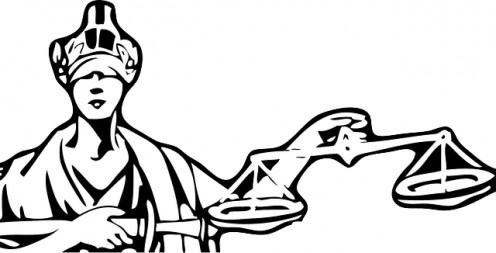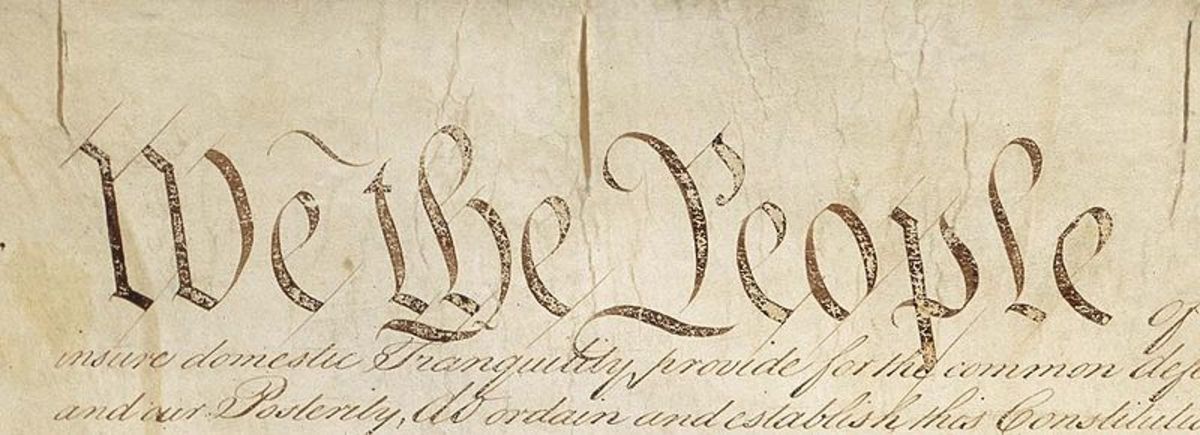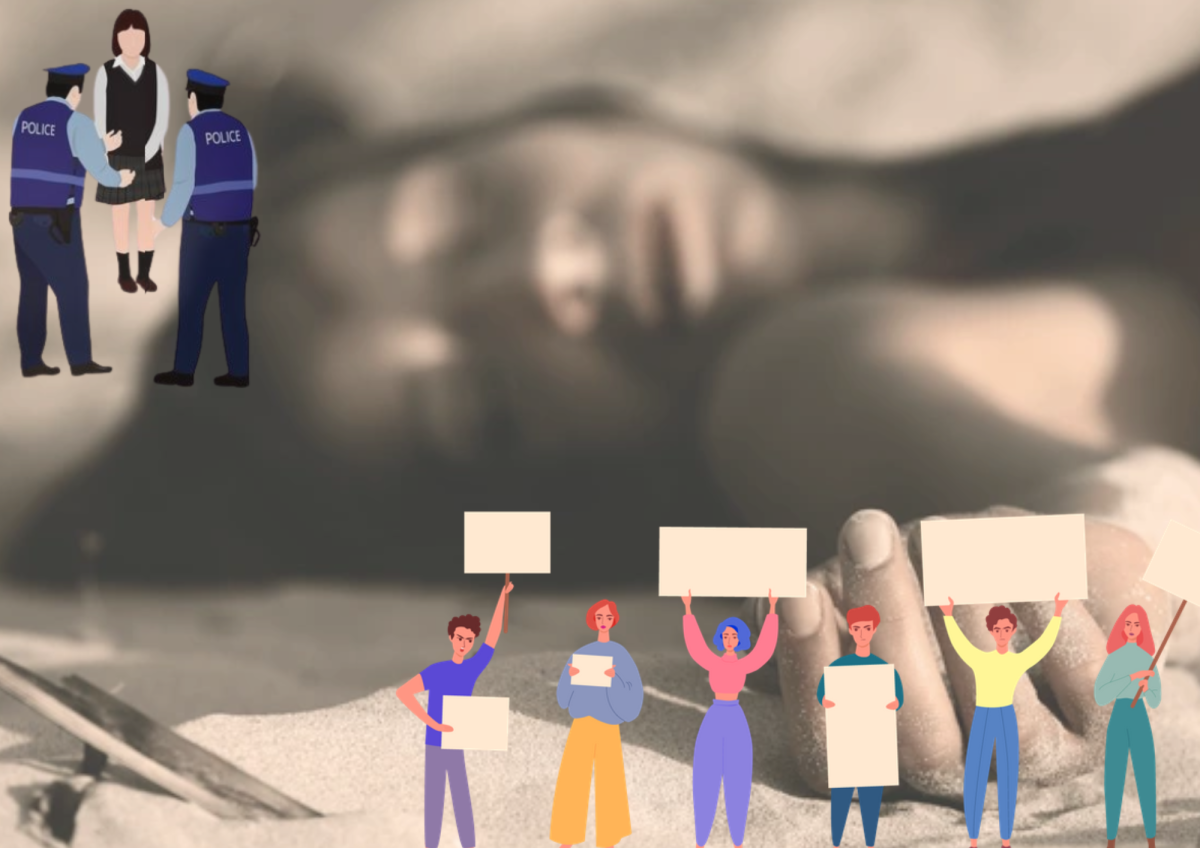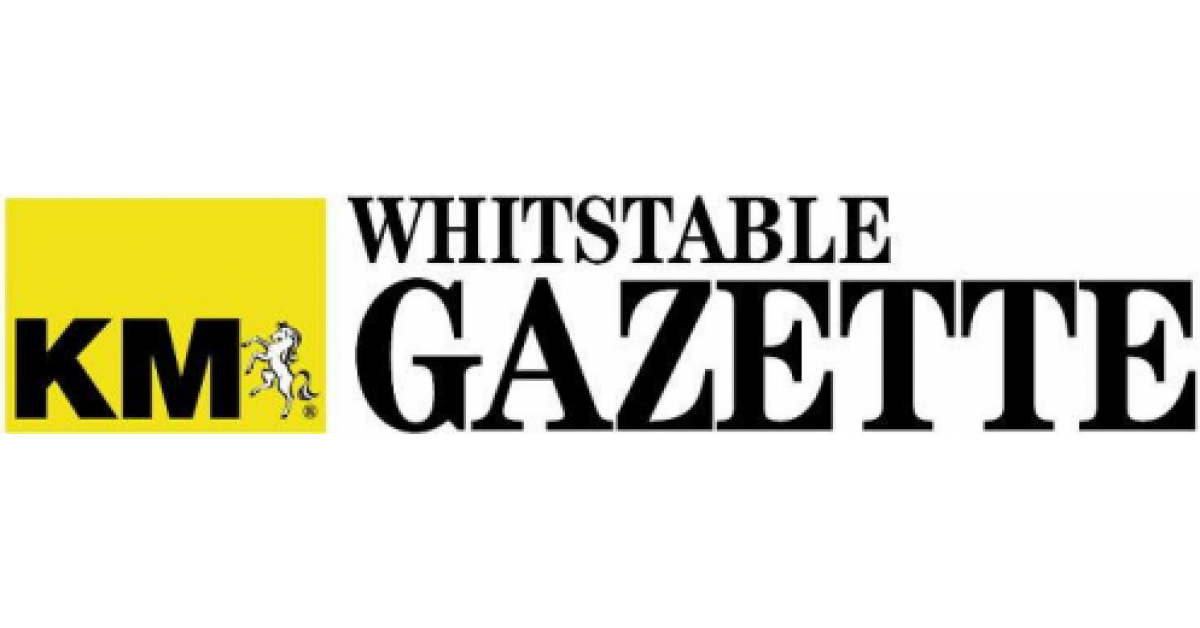Are Our Freedom of Information Rights Lost?


Freedom of Information is Not "Free" Anymore
The beginning of Freedom of Information rights being lost in my opinion, began in February 2009 when the public had a loss of information from free antenna TV service being discontinued. By federal law, starting in February 2009, all commercial television stations must stop transmitting the old-fashioned (analog) way, and must begin to broadcast using digital format, so, if you want to continue watching TV, you will have to go digital. Months before February 2009 the federal government gave a maximum of two free coupons, each worth $40. Each coupon could be given to a retail store as partial payment for a single digital conversion box. The price range for the conversion boxes were $50 to $80.
Before then, we were able to watch local news and local TV stations and primetime channels free with just a TV and the antenna that came with it. Now, you have to purchase a converter box or a smart antenna or smart TV or cable and internet service or purchase satellite service in order to watch channels on your TV. Many people got their information from TV. Not everyone can afford to buy the latest TVs or products and services. Freedom of information is supposed to be free!
Some would say, "Well you can read the newspaper to find out the news." Sure, only if you have the 75 cents to buy the newspaper! If not, the only choice then to get free information on local and world news is to go to the public library. However, think about if a person is unemployed with no transportation, and no steady income; that person would have to spend $3.00/day to ride the bus to the library to get daily information. Monthly, $3.00/day adds up to $90.00/month to go to the library on the bus. After paying their rent costs and expenses, most unemployed and low-income people do not have the money to go to the library often for information from the newspapers or computers at the library. Freedom of information should be for everyone, not just those who can afford it.
Out of The Loop
I personally was in the same situation when I had no job and no car. I had to ride the bus to go to the library for information and to use the internet. I rarely went because I could not afford the bus daily.
Tragic world events happened that I did not know about until 3 years later, such as the devastating earthquake in Haiti in 2010, the major earthquake in Japan in 2011, and recent news about the Iraq war. My neighbors said nothing about the events, so I did not know. Maybe they didn't know either. I found out about the events later when I could afford to purchase cable and internet service. After seeing what is going on the news through cable TV service, I saw that entertainment news is what is being reported more often than world and local news. At least we still have word of mouth and traditional newspaper companies that don't cost much for information.

Freedom of Information Act Exposed the Cointelpro Program
If it weren't for the Freedom of Information Act in the Civil Rights era of the 60's, then we would not of known about the F.B.I.'s Cointelpro program's handling of invading the privacy of civil rights leaders and how they tapped Martin Luther King Jr.'s phone conversations and personal visits. Organizations that were built to help the poor people and their communities such as the Black Panther Party and the Southern Christian Leadership Conference were destroyed with the Cointelpro program.
Today the government has freedom to spy on its citizens with the Patriot Act, however the citizens are given 9 exemptions in the Freedom of Information Act that denies the public access to find out information about those 9 areas of interests. The 9th exemption is geological and geophysical information, which I feel the public has the right to know about too. I included a link below that details more about the 9 exemptions further.
9 Exemptions to the Freedom of Information Act
The U.S. Department of State describes the Freedom of Information Act (FOIA) as it, "Generally provides that any person has the right to request access to federal agency records or information except to the extent the records are protected from disclosure by any of nine exemptions contained in the law or by one of three special law enforcement record exclusions."
The nine exemption categories that authorize government agencies to withhold information are:
- classified information for national defense or foreign policy
- internal personnel rules and practices
- information that is exempt under other laws
- trade secrets and confidential business information
- inter-agency or intra-agency memoranda or letters that are protected by legal privileges
- personnel and medical files
- law enforcement records or information
- information concerning bank supervision
- geological and geophysical information
LINKS
- The Freedom of Information Act: U.S. Department of State - Freedom of Information Act
- Lawmaker Says Death Penalty Information in Jeopardy | The Texas Tribune
If the names of the compounding pharmacies providing execution drugs to Texas officials are made public, it could end the death penalty, state Rep. John Smithee told a house committee on Wednesday. - COINTELPRO
- Senate approves USA Freedom Act
The Senate voted Tuesday to pass a bill that would end the National Security Agency's controversial bulk collection of the phone data of millions of Americans with no ties to terrorism. - The Privacy Act: U.S. Department of State -
What do you think about the Freedom of Information Act?
Edward Snowden Expose
© 2015 Ms Quick








